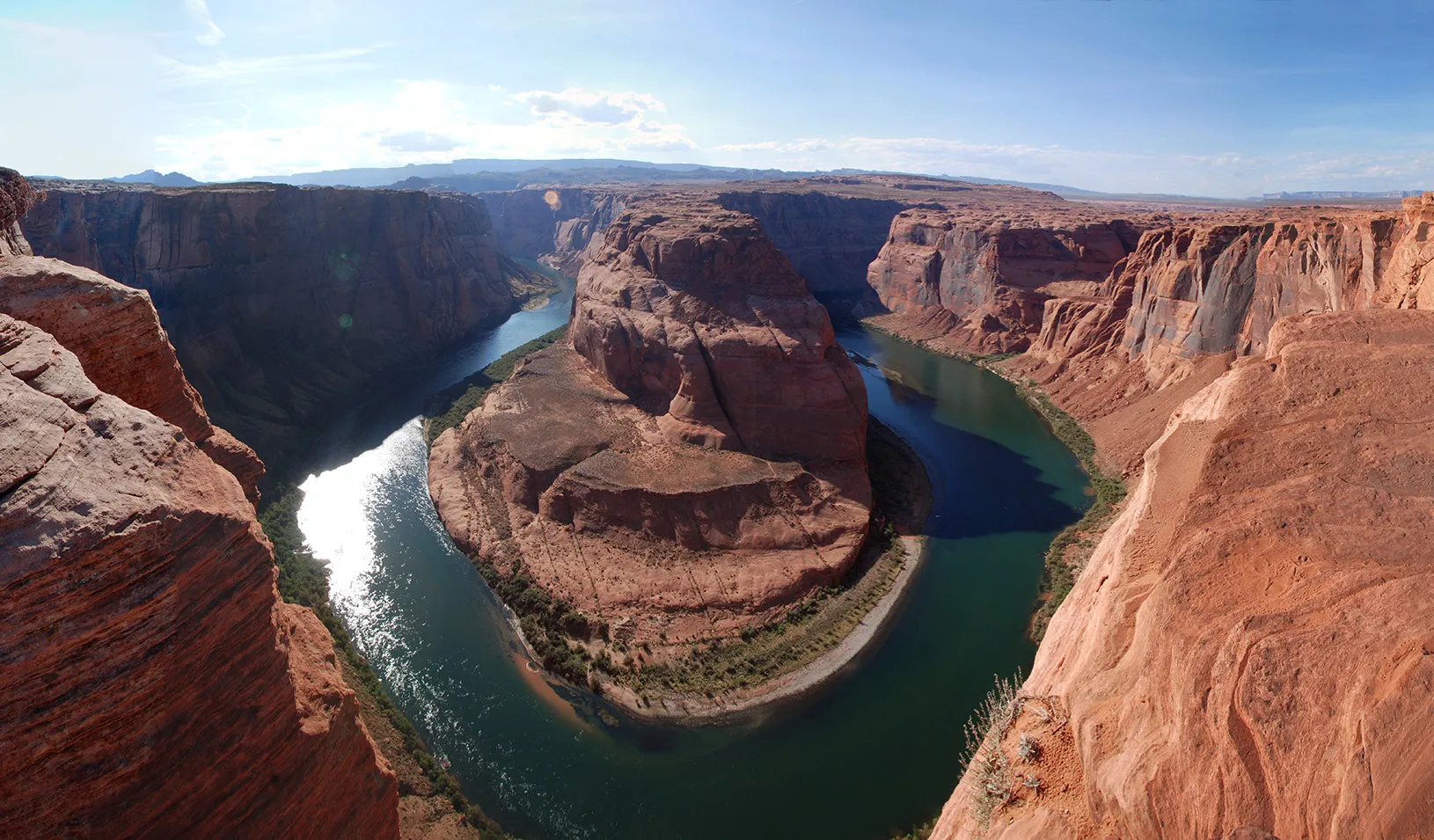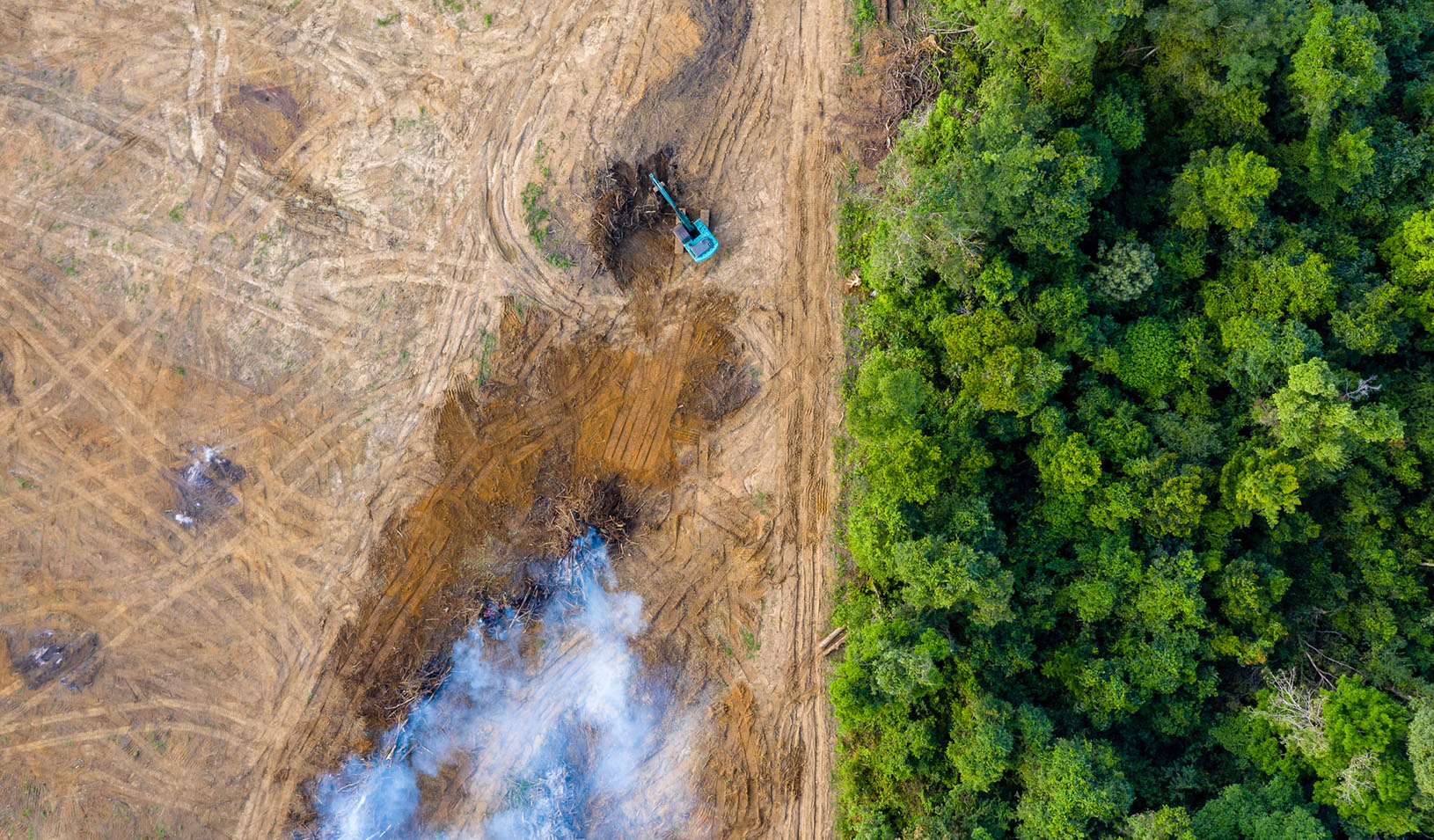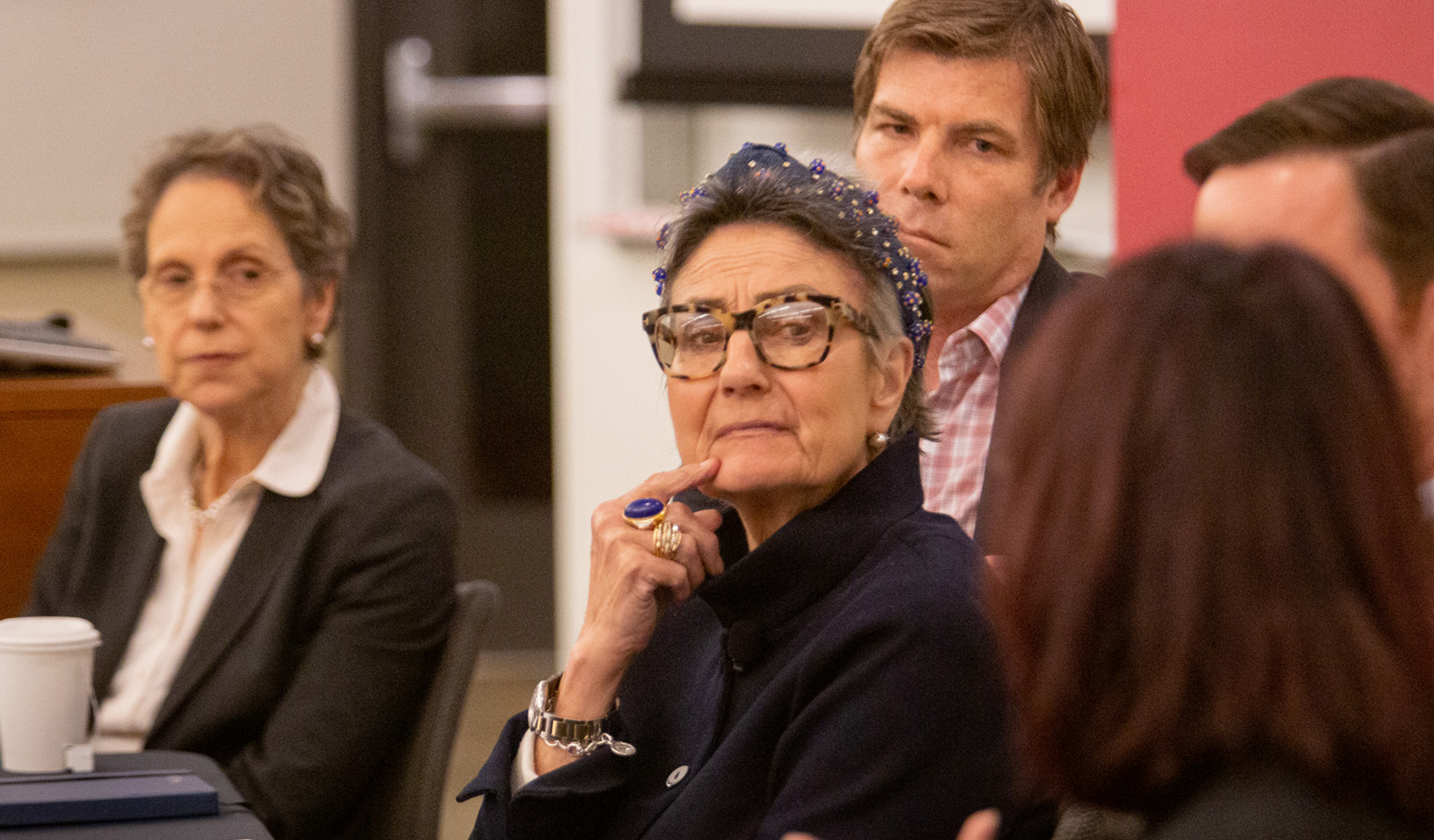
It’s not clear who should get priority for the Colorado River’s water. | iStock/M. Kaercher
The Colorado River, “the lifeblood of the West,” is in trouble. Decades of overuse and drought have sharply reduced its water supply, threatening an ecosystem that supports 40 million people and 5.5 million acres of farmland in nearby states and parts of northern Mexico.
Steep cutbacks in water use are critical. But the seven states that rely on the Colorado River can’t agree on how much less each of them needs to take over the long run, in large part because it’s not entirely clear who holds what legal rights to the river and who should get priority over others to its available water. If the states can’t agree, the federal government is reportedly threatening to make the hard choices for them.
Paul Milgrom, a senior fellow at the Stanford Institute for Economic Policy Research (SIEPR) and professor of economics (by courtesy) at Stanford Graduate School of Business, has encountered intractable problems like this before. In 2020, he won the Nobel Prize in Economic Sciences for his pioneering work in creating markets for goods and services that can’t be sold in traditional ways.
Water management, he says, is ripe for a market fix — not just for the Colorado River Basin but around the world as water shortages, made worse by climate change, become a defining issue of the 21st century.
For media inquiries, visit the Newsroom.






